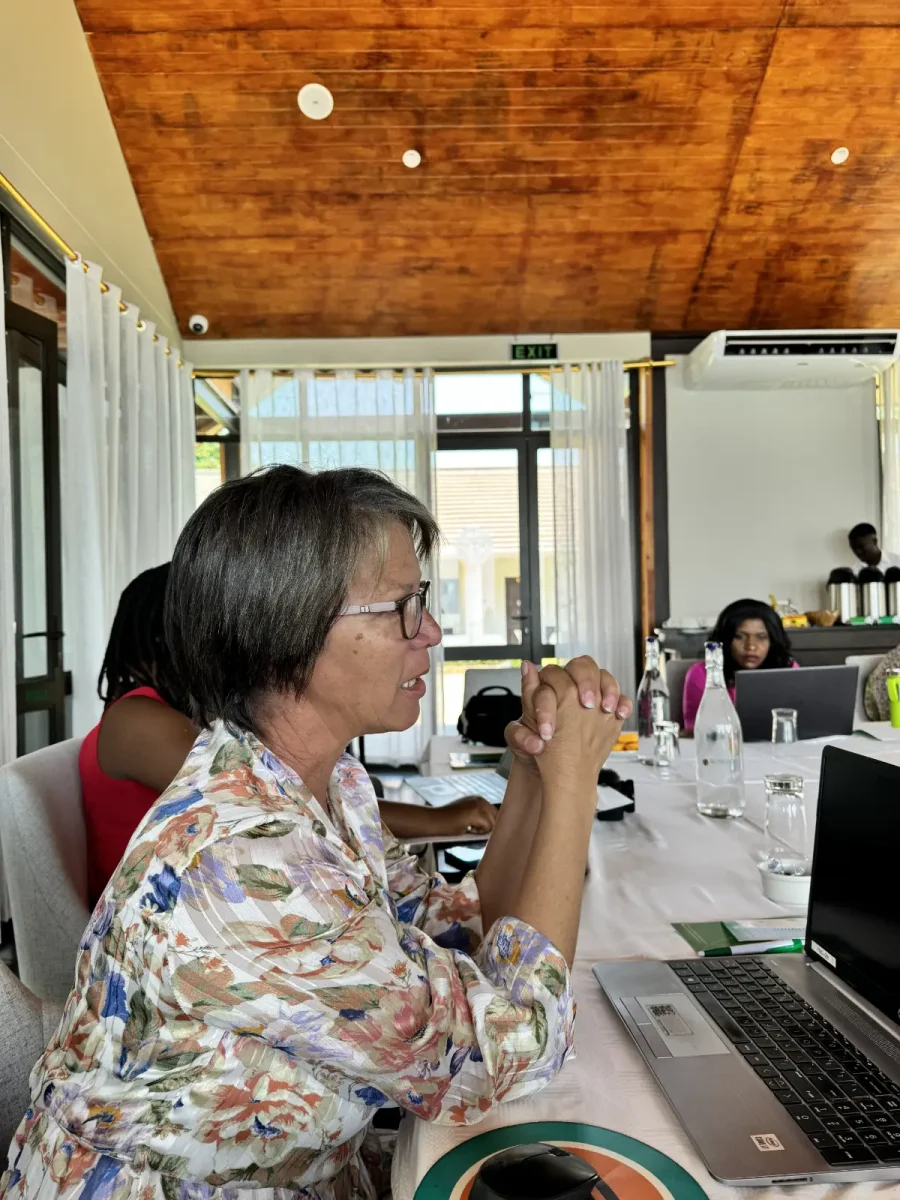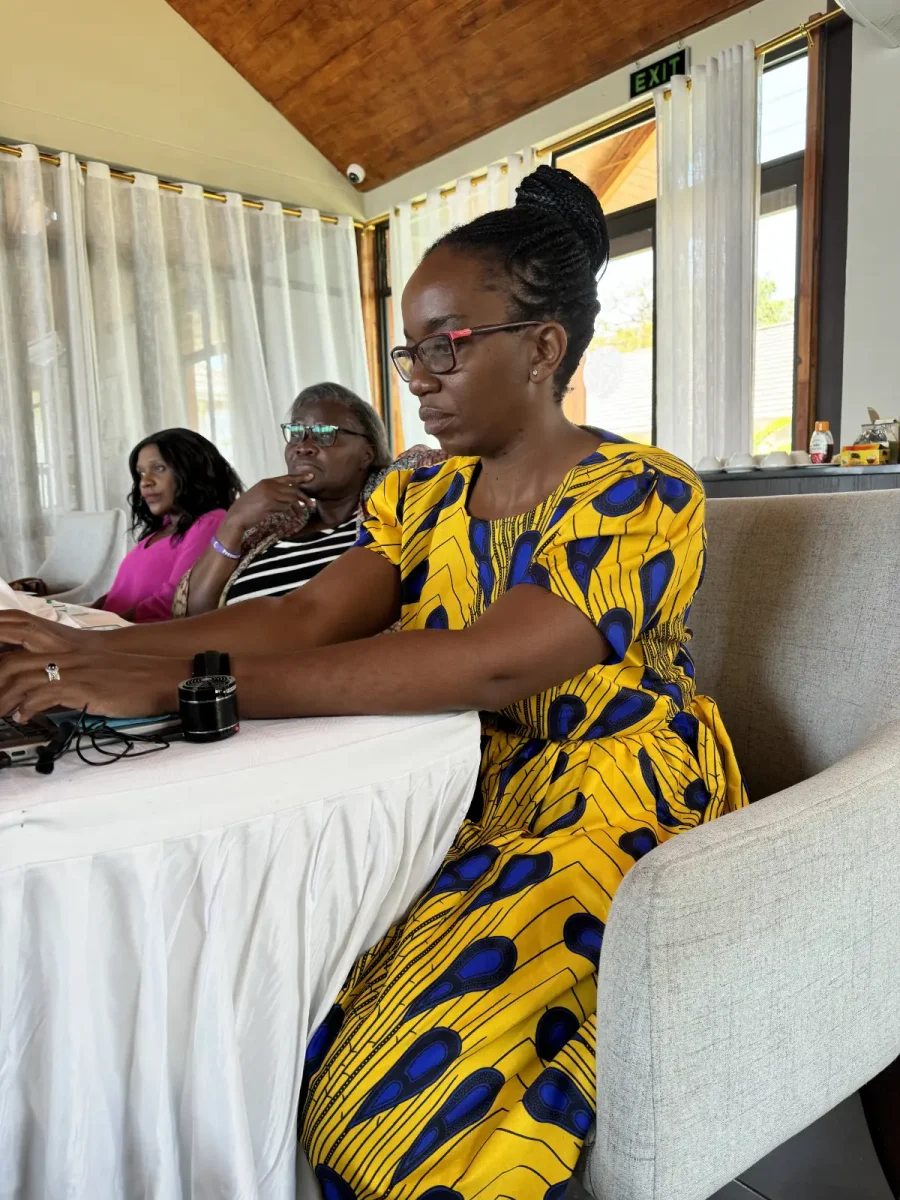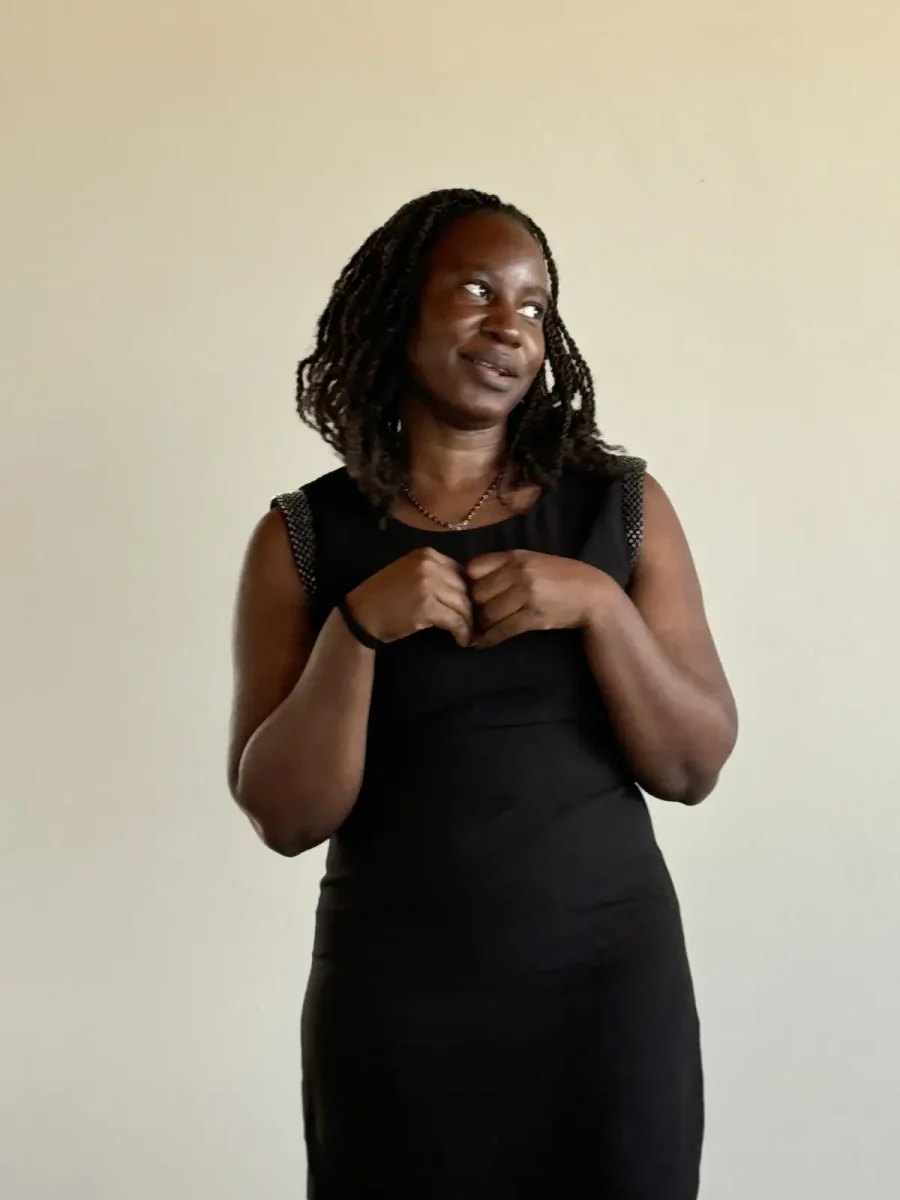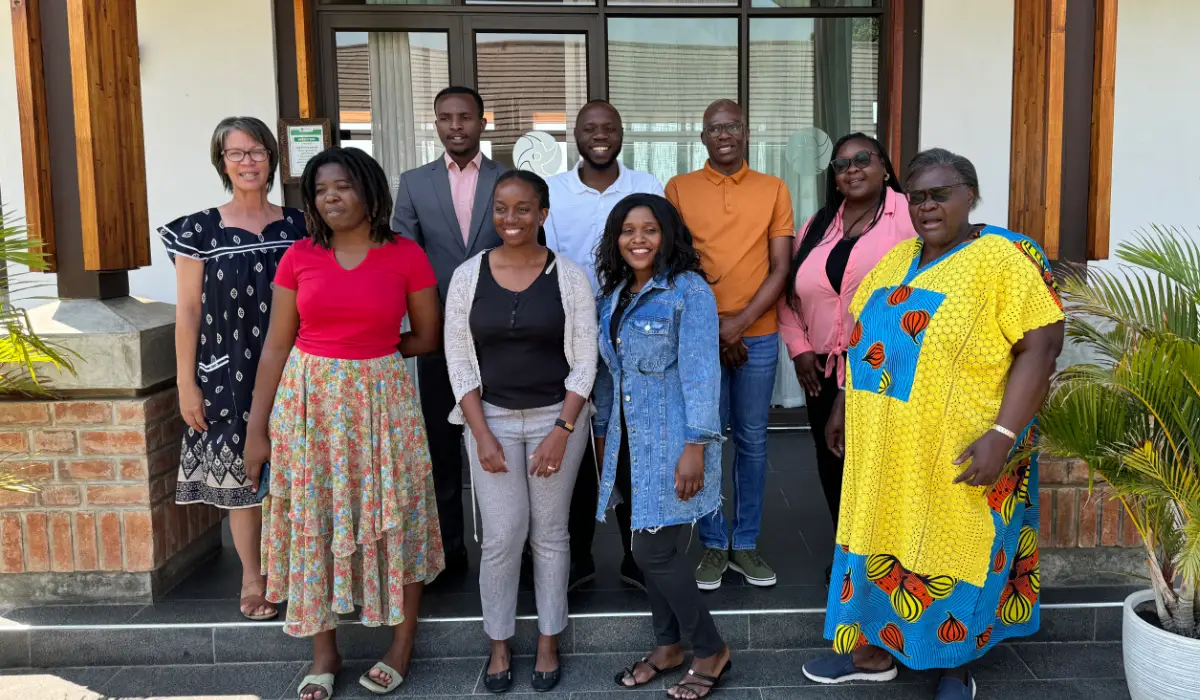Sonke Gender Justice recently concluded a three-year project aimed at promoting gender equality in Zimbabwe, Malawi, and Namibia. The Linking Policy and Implementation for Gender Equality project, funded by the Austrian Development Agency (ADA) culminated in a close-out meeting in Malawi from the 16th to 17 of September. The meeting served as a platform for partners from the three countries to reflect on the project’s achievements and challenges over the past three years. Participants shared their proudest moments and discussed the progress made in linking policy and implementation to address harmful cultural norms and patriarchal attitudes that perpetuate gender inequality and human rights violations.
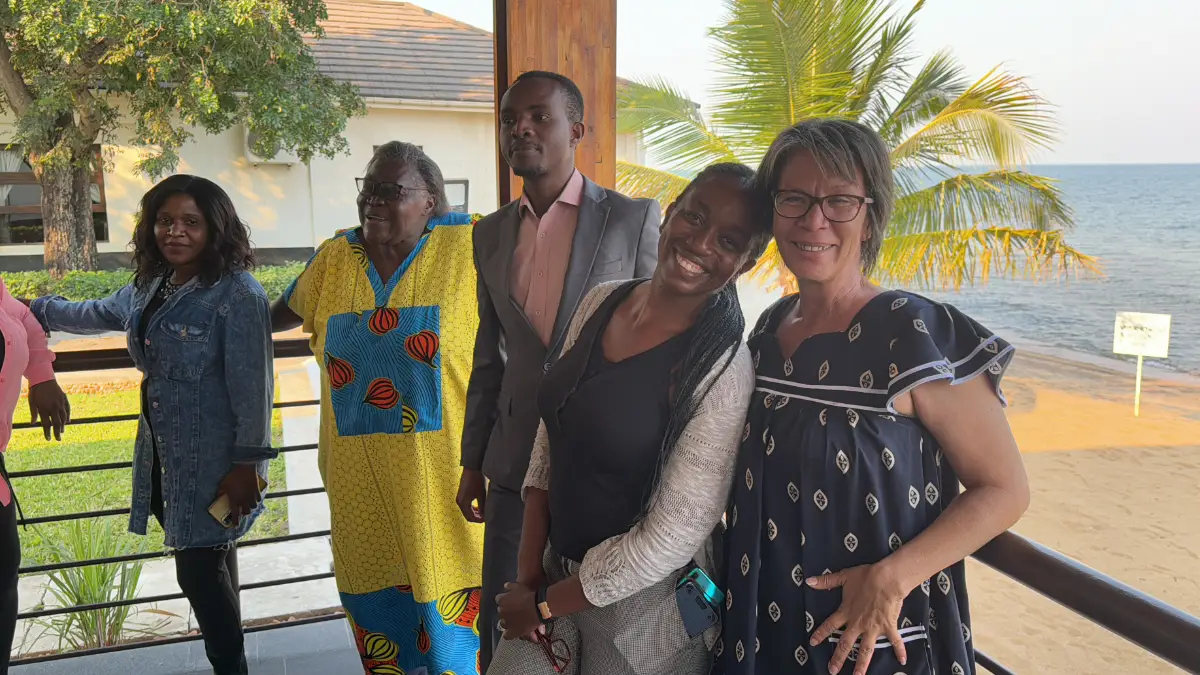
The Linking Policy and Implementation for Gender Equality in Malawi, Namibia, and Zimbabwe was a three-year project that began in October 2021 and concluded in September 2024. The project contributed to an increase in gender equality and a reduction of Gender Based Violence in Southern Africa.
“Looking back at where we started with the project to where we are, it is quite humbling to see how we are now seeing a keen interest from fathers to uptake some care responsibilities for their children. This was shown in the first ever State of Zimbabwe Fathers report released recently, that the MenEngage Zimbabwe network led on,” says Sonke’s Regional Programmes Coordinator, Mphokuhle Mabhena-Lunga.

Gender-based violence is a challenge in Southern Africa, one that disproportionately affects women. GBV has a significant negative economic and social impact on the region, with 50% of women in the region at risk of experiencing GBV. GBV is a human rights violation that comes with devastating consequences for individuals, families, communities, and societies.
Through various strategies, Sonke worked to strengthen the capacity of MenEngage Africa partners in Malawi, Namibia and Zimbabwe as well as the communities they work with to effectively address gender-based violence, promote women’s economic empowerment, and enhance women’s participation in decision-making processes. The project’s achievements include the decentralized, local capacity building and engagement with about 153 traditional and religious leaders, exceeding targeted 30 trainings by 510% on gender transformative approaches and the MenCare model, which rapidly resulted in widespread attitude and practice changes, cascaded to communities and local structures.
The project’s success can be attributed to the collaborative efforts of partners from the three countries, as well as the support provided by ADA. By linking policy and implementation, the project has made significant strides in creating a more equitable and just society for all.

“I am proud of the robust partnerships that have been cultivated among partners. I am proud of how the country leads have developed talent and allies with religious and traditional figures. I am particularly proud of the leaders that have emerged from our technical team within Sonke that have emerged through this experience, this has been the greatest satisfaction for me to witness”, said Sonke Regional Co-Unit Manager Diana Macauley.
As the project comes to a close, Sonke Gender Justice remains committed to promoting gender equality and human rights in the region. The organization will continue to work with partners to build on the successes achieved through this project and ensure that gender equality is a priority in future development efforts.
